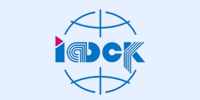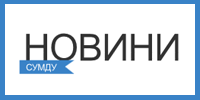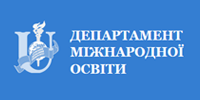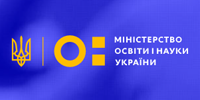We are excited to share news of the 4th session of our academic mobility course, which featured a hands-on method in facilitating problem-solving and decision-making through group discussion and collaboration. The session was led by Stuart Carroll, a professor from the College of New Jersey, and focused on the topic "Our dilemmas in teaching and learning."
During the session, the professors were introduced to a new methodology called "The Consultancy Protocol" or "The Dilemma Protocol." This structured approach to group problem-solving and decision-making encourages collaborative thinking and active participation. It was first developed in the field of group relations by the Tavistock Institute in London and is commonly used in various fields, including business, education, and psychology.
The activity began with the presenter sharing a case or dilemma, and the group was given time to ask clarifying questions to better understand the situation. Once the group had a better understanding of the dilemma, the presenter became an observer while the group members offered their thoughts and suggestions on how to address the problem. After the group had discussed the dilemma, the presenter was invited back into the conversation to respond to the group's comments and suggestions. Together, the group and the presenter came up with one action step that the presenter could take to address the dilemma.
The professors who participated in the session clearly saw the benefits of this method, as it engaged them in understanding the situation, identifying potential solutions, and ultimately coming up with a plan of action. It allowed them not only to pump their methodical skills but also enrich their teaching methods banks, find a solution to their dilemmas in the classroom and actively practice/polish their language with professional terms.
Overall, the Consultancy Protocol is a valuable tool for promoting critical thinking, collaboration, and problem-solving skills. It can be used in a variety of settings, including workplaces, schools, community groups, and therapy sessions. We look forward to incorporating this methodology into our teaching and learning practices at the university.
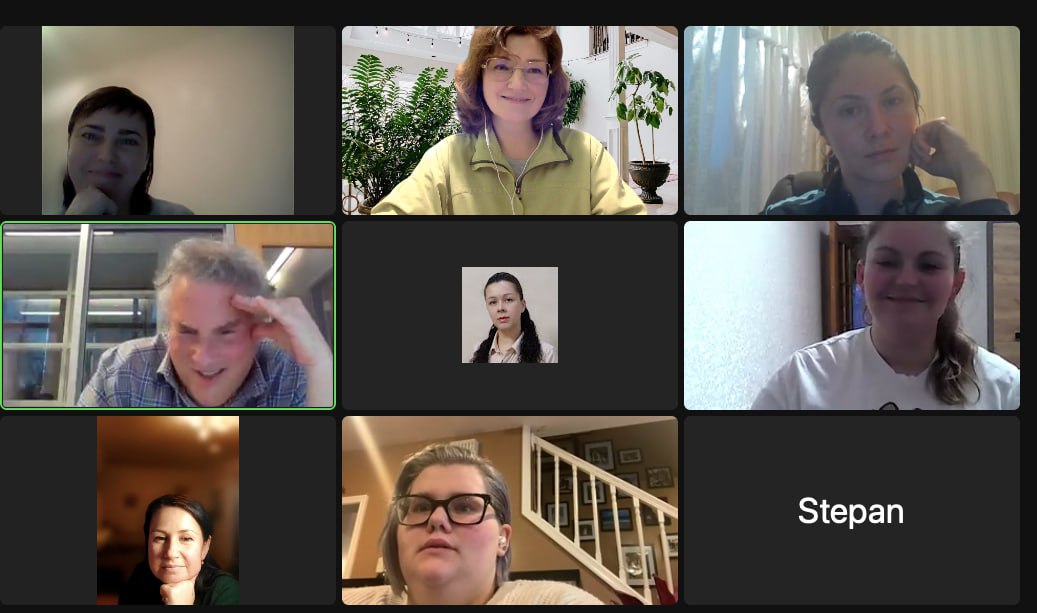
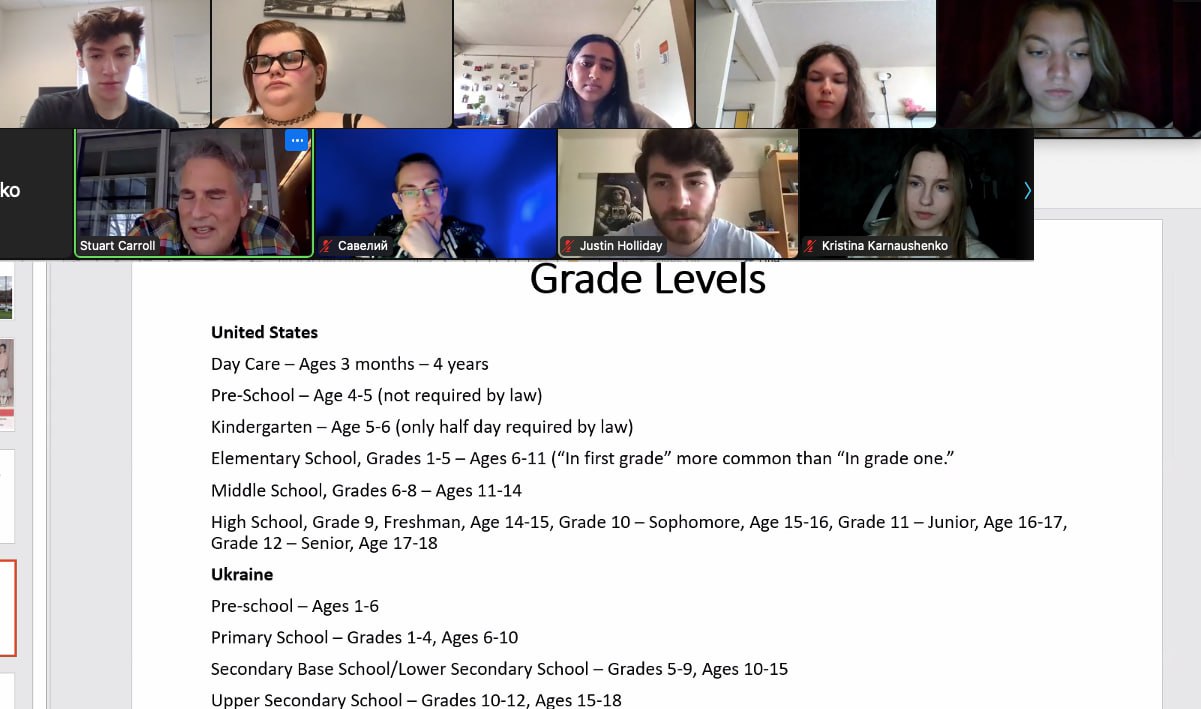
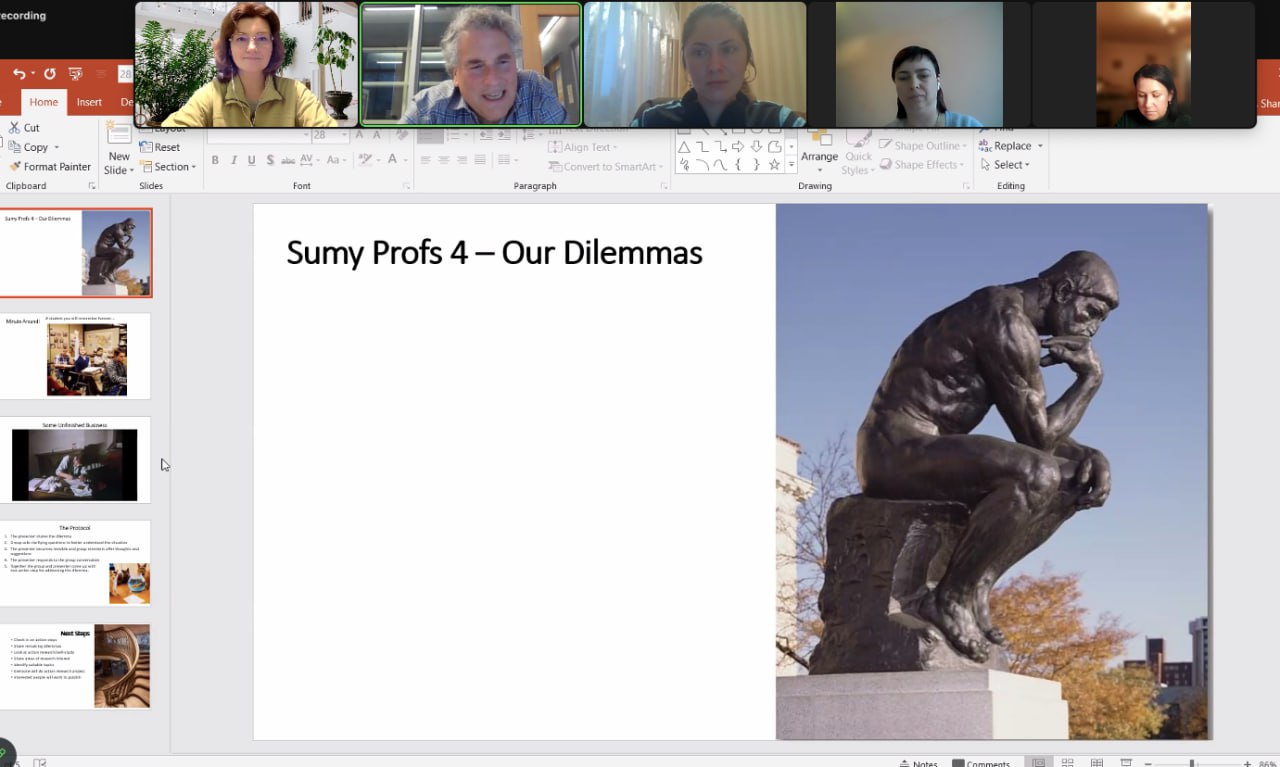
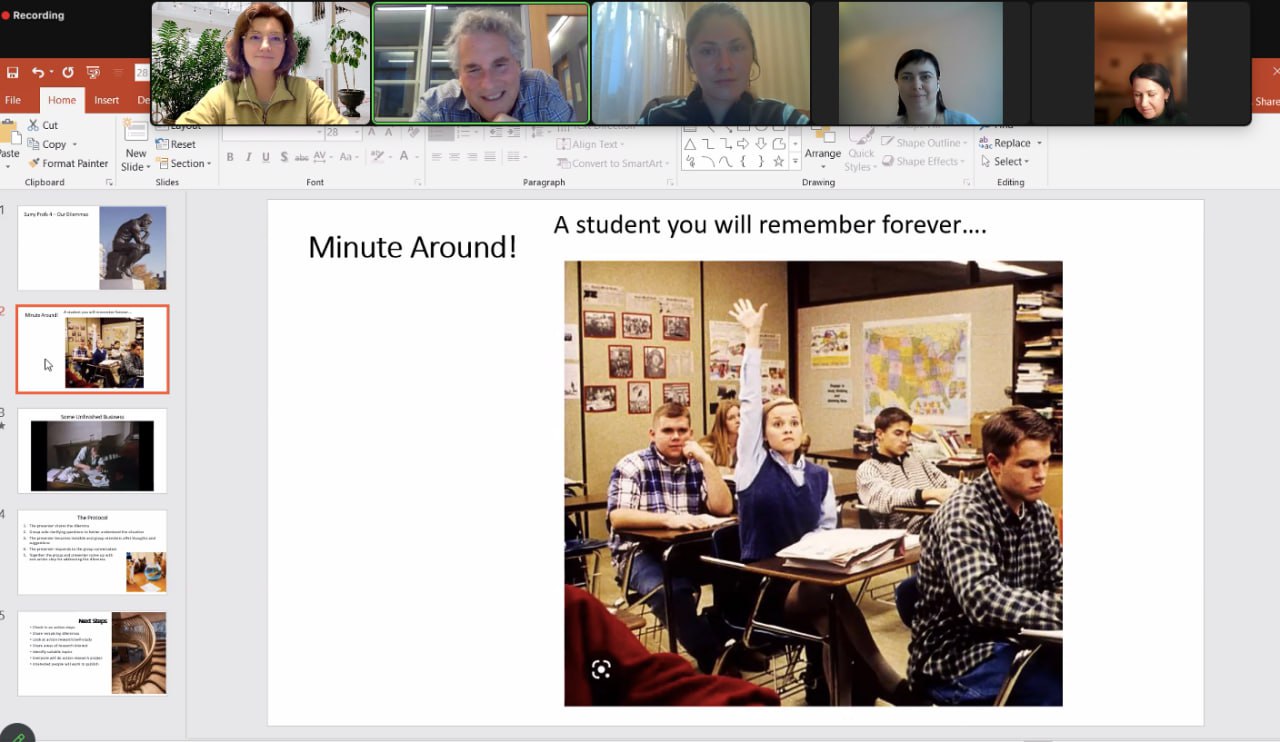
 eng
eng  укр
укр 

